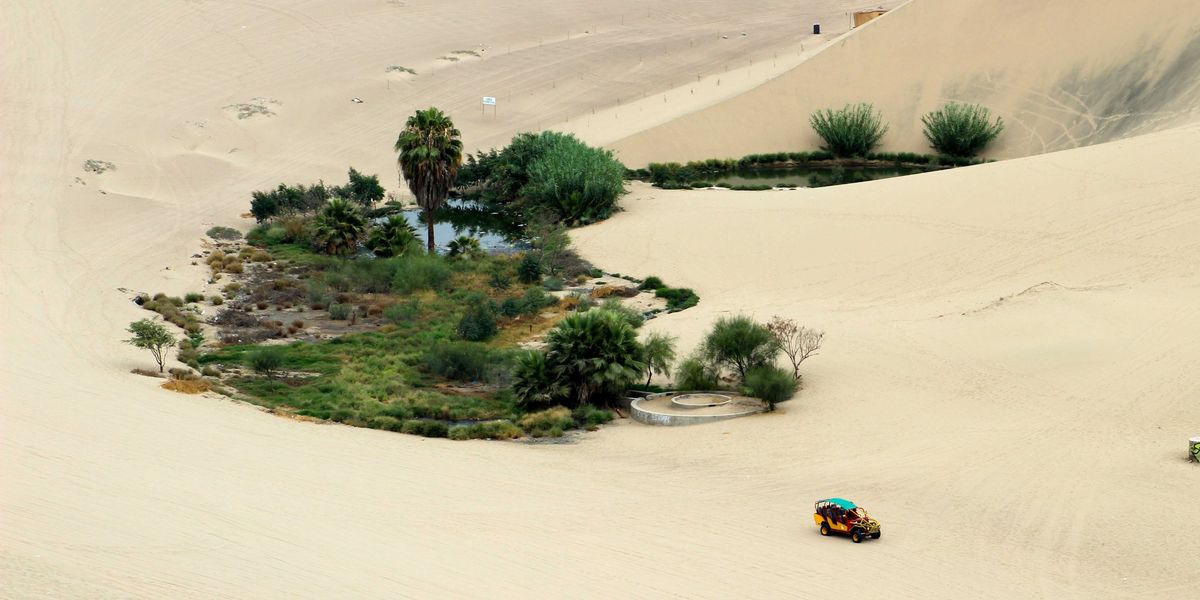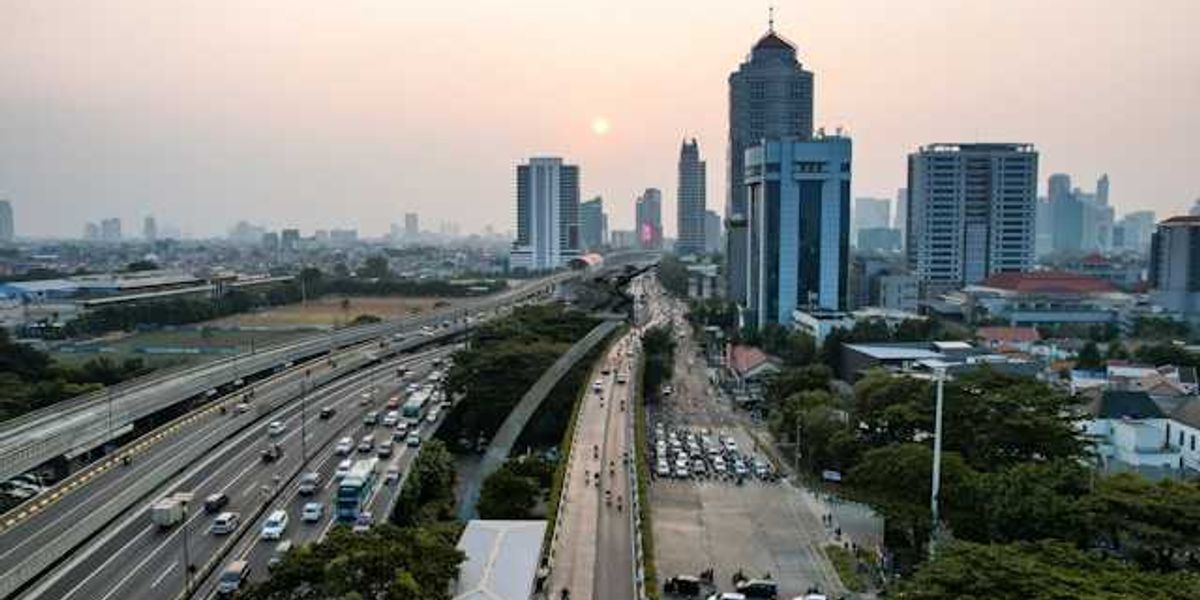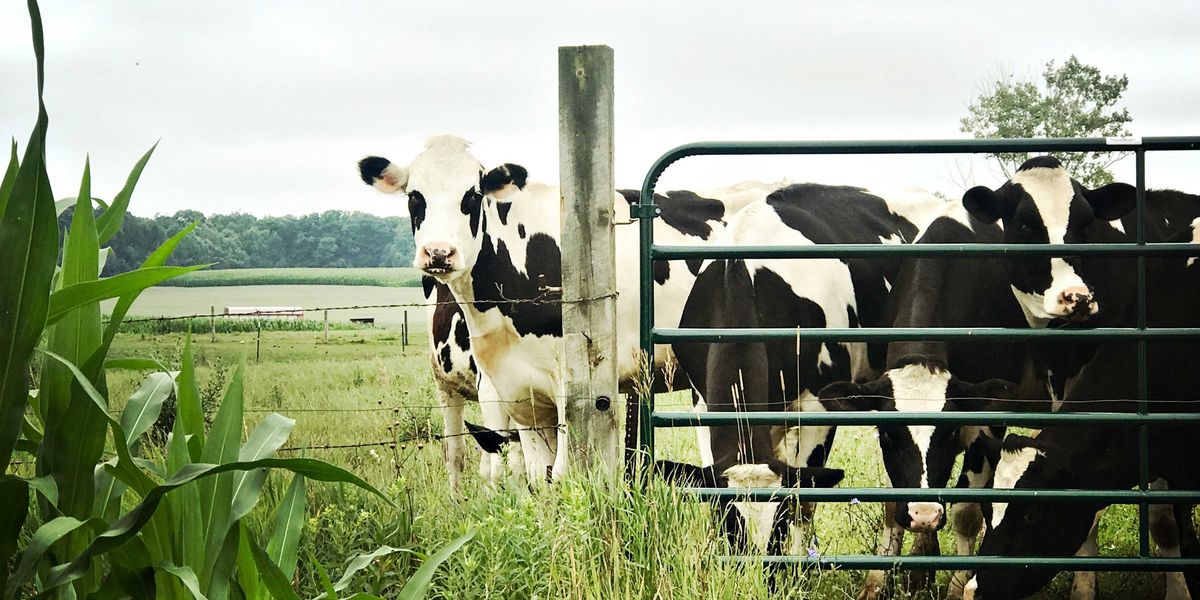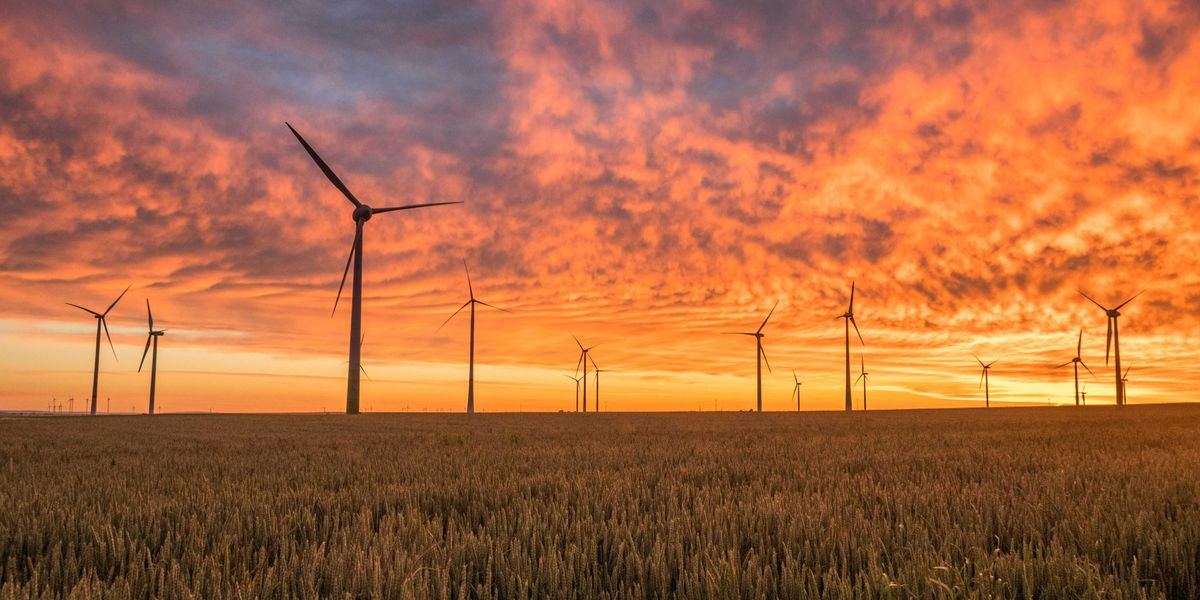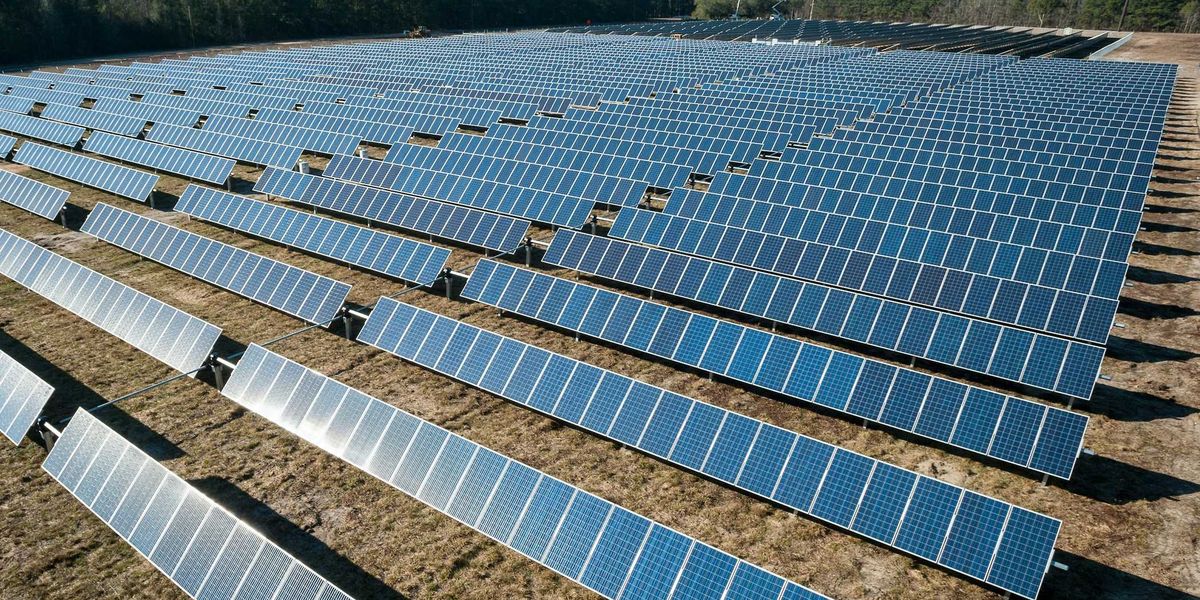Trump orders expansion of U.S. timber production, citing national security
President Donald Trump signed two executive orders to boost domestic timber production, potentially bypassing environmental protections and re-evaluating lumber imports from Canada under a national security lens.
Adam Schrader reports for UPI.
In short:
- Trump’s order directs federal agencies to expedite timber harvesting on public lands, arguing that regulations have slowed domestic production and increased reliance on Canadian imports.
- The directive could weaken environmental protections under the Endangered Species Act, speeding up logging approvals but raising concerns about habitat destruction and climate impacts.
- A second order calls for a national security review of lumber imports, which could lead to trade restrictions on Canadian wood despite the U.S. having abundant forest resources.
Key quote:
“This executive order sets in motion a chainsaw free-for-all on our federal forests.”
— Blaine Miller-McFeeley, Earthjustice
Why this matters:
Logging on public lands is more than just a question of resource management — it’s a matter of environmental stability, biodiversity, and climate resilience. Forests play a critical role in sequestering carbon, regulating water flows, and sheltering species that are increasingly at risk. When oversight is loosened, deforestation can accelerate, leading to higher carbon emissions, disruptions in local ecosystems, and threats to species that rely on undisturbed habitats.
The issue also extends beyond environmental concerns. Trump’s push to categorize lumber imports as a national security matter raises questions about trade policy, particularly in relation to Canada, the largest exporter of softwood lumber to the U.S. Such a move could intensify trade disputes, potentially resulting in higher costs for industries that rely on wood, from home construction to furniture manufacturing.

